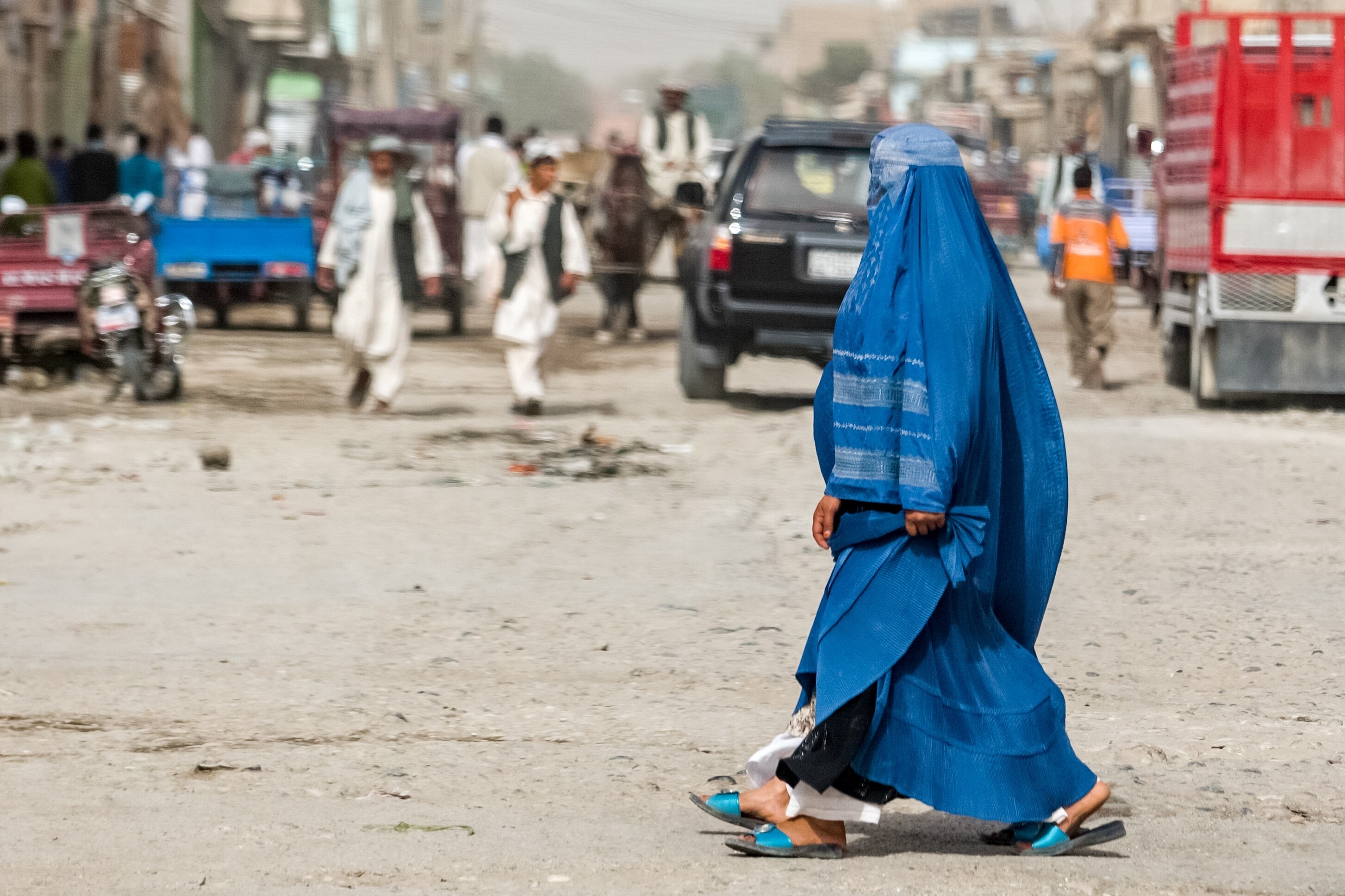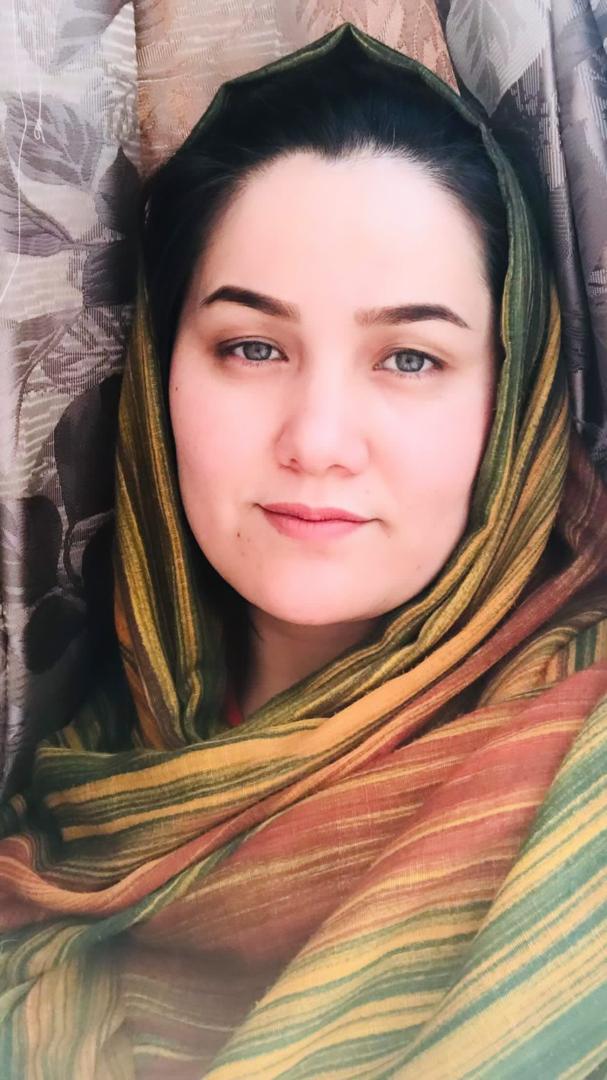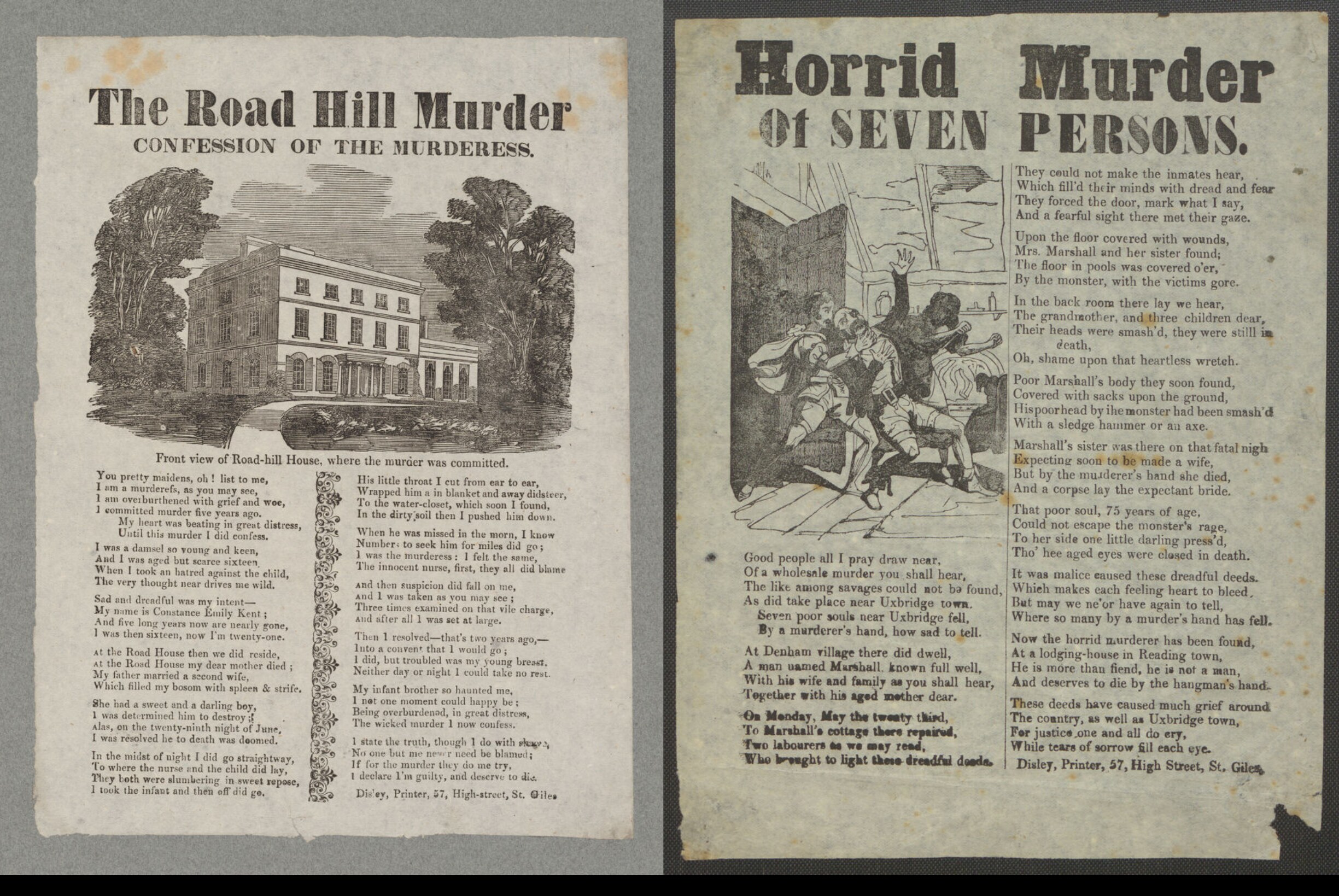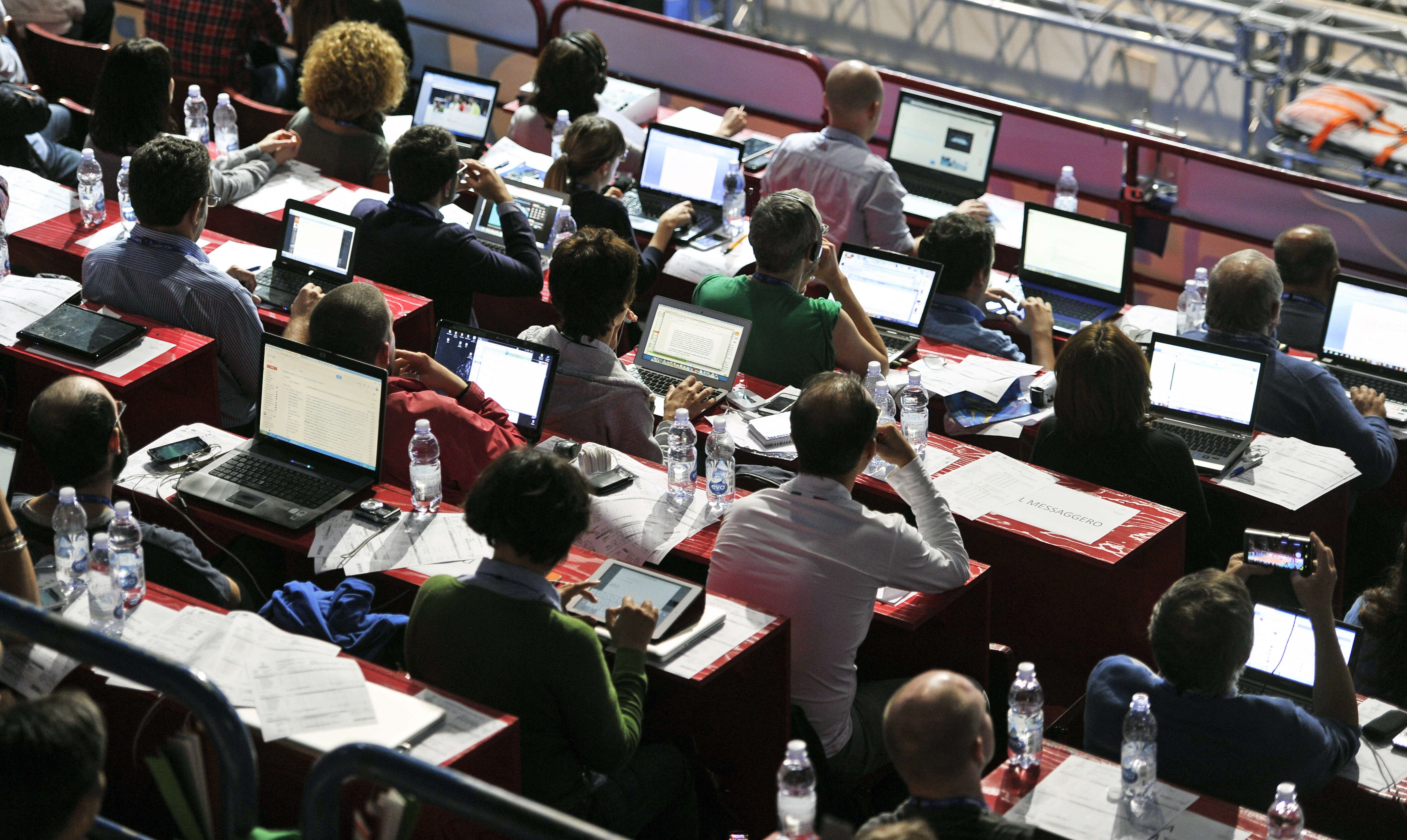تخيل أن تلتقط الجريدة في الصباح، لتجد قصة عنك في صفحتها الأولى. قصة حقائقها صحيحة، لكن كلما قرأت تجد أن المحتوى ملتوٍ وقد يهدد حياتك! وقد يكون إدانة قبل ثبوت الإدانة!
"غياب الحقد" مصطلح أخلاقي ومعنوي يستخدم لوصف القرار الذي يجب على الصحفي اتخاذه بشأن كتابة قصة صحفية -قد تثبت وقد لا تثبت- مُضرّة بسمعة أحدهم. هذا المصطلح هو العنوان والعمود الفقري لفيلم "غياب الحقد" (1981) للمخرج والممثل الأميركي سيدني بولاك (1 يوليو/تموز 1934 – 26 مايو/أيار 2008)، الذي يدور حول القوة المذهلة للصحافة في هذه المعضلة، ويستعرض نقاط الضعف في السلطة الرابعة.
أخرج سيدني بولاك فيلم "الفارس الكهربائي" (The Electric Horsman) (1979) و"غياب الحقد" على التوالي، حيث ألقى نظرة على الصحافة وقوتها من خلال روايتين مختلفتين لكنهما متكاملتان. في "غياب الحقد" صنع بولاك فيلما، وعلى الرغم من تصويره في أوائل الثمانينيات، فإنه ينتمي إلى سينماه في السبعينيات؛ المرتكزة على مبدأ عدم ثقته في السلطة مهما كانت طبيعتها، حتى الصحافة. "غياب الحقد" نظرة شك في جنون عظمة السلطة، نحو السيطرة التي تمارسها بطريقة أو بأخرى على الصحافة. إنه عن النشر الصحفي غير المسؤول، وتسريب المعلومات المشكوك في صحتها.
يدير مايكل غالاغر (بول نيومان) متجرا لبيع الخمور في ميامي بالولايات المتحدة.. ينهار عندما يفتح الصحيفة ذات يوم، ويقرأ اسمه فيما يتعلق بتحقيق شرطة في جريمة قتل ضحيتُها زعيم نقابي مفقود منذ شهور ويُعتقد أنه قُتل. عمل والد مايكل الراحل ذات مرة كمهرّب كحول، وكان متورطا مع المافيا. أما مايكل فرجل أعمال نزيه ولا علاقة له بالجريمة المنظمة. يعرف كبير المحققين إليوت روزين (بوب بالابان) هذا أيضا، ومع ذلك قرر أخذ الشاهد المحتمل إلى الجحيم، بمساعدة المراسلة الصحفية ميغان كارتر (سالي فيلد) التي كتبت تقريرا عن التحقيق المزعوم بحق مايكل. مع التعمق أكثر فأكثر في القضية، تبدأ الشكوك تساور ميغان حول ذنب الشخص الذي أدين بالفعل من خلال الصحافة، لذلك تقرر هي ومايكل شن هجوم إعلامي مضاد.
الفيلم صوّر نوعا من الصحافة، انقرض تقريبا في مرحلة ما، وعاد في عصر الإنترنت الذي يمكن فيه لأي شخص أن يطبع وينشر أي شيء، وهو ما نراه اليوم في الكثير من الصحف والمواقع التي تهتم باللون الأصفر للأشياء أكثر من الحقيقة. يصنع بولاك فيلما يثير أسئلة خطيرة، مثل تأثير نشر قصة كاذبة على شخص ما، وتدخّل السلطات الأمنية في الصحافة واستعمالها بغير حق، وتماهي أصحاب وسائل الإعلام مع هذه السلطات من أجل مكتسبات شخصية. "إذا قالت الصحيفة إنني مذنب فإن الجميع يصدّقها، وإن قالت إنني بريء فلا أحد يهتم" يقول مايكل.. حقيقة واضحة مثل الشمس، لا يزال لها نفس التأثير حتى يومنا هذا وفي الصحافة "الحديثة".
الصحافة، في طابعها كسلطة رابعة، وبصفتها رقيبًا ومروجًا للرأي العام، لا تنفصل عن حكم القانون الديمقراطي. هي عنصر ذو أهمية كبيرة في عمل جيل من المؤلفين السينمائيين في أميركا الشمالية مع مجتمع ليبرالي متميز، ولكن القانون الذي يحمي هذه المهنة قد يكون في بعض الأحيان جائرا ومحض سخرية.
فمثلا، "غياب الحقد" هو مصطلح في القانون الأميركي يجيز للصحافة الدفاع عن نفسها في حالة الجهل بزيف المعلومات المنشورة، فإذن دقة المعلومات لا تهمّ، وهو ما يتعارض مع أخلاقيات المهنة. "غياب الحقد" كذلك، يمثل انعكاسًا للمسؤولية الاجتماعية للسلطات العامة وخاصة الصحافة، وهي مؤامرة، لأن المروّج الرئيسي للصحافة الأكثر إثارة وتهكمًا يمثل محررها، وبيئة العمل المحمومة لغرفة التحرير متماهية مع السلطات. إلى أي حد يمكن للصحافة أن تحقق وتتعمق في خصوصية الناس؟ متى يجب أن يتوقف التحقيق الصحفي ولا يحل مكان السلطات القانونية؟ الفيلم هو من الأفلام التي تحلل الخط الدقيق الفاصل بين القانون والأخبار، مشيرًا بأصابع الاتهام إلى التدخل المفرط للصحافة. الفيلم انتقاد شرس للصحافة، ولكنه أيضا يصف قوتها الجيدة.
الفيلم كتبه كورت لودتك الصحفي السابق الحائز على جائزة "بوليتزر"، وتعامل معه بولاك باحترافية، وأضفى عليه الدراما والعلاقات الغرامية، وطموح العمل.
مع عبقرية سردية وبالقدر المناسب من الغموض ومن دون الحكم على الشخصيات بأنها جيدة أو سيئة، يريد الفيلم أن يعكس صورة المهنة، وهي الصحافة التي يتعين عليها حتمًا التعامل مع حياة كل فرد، ولديها القدرة على توجيه الرأي العام، والمشاعر العامة، وفي بعض الأحيان المساس بسمعة الناس. لا يمكن أن ننسى أبدًا أن المعلومات تحكمها متطلبات أساسية: الفائدة الاجتماعية للأخبار، وحقيقتها التي يمكن أن تكون موضوعية أو مفترضة عندما تكون مصحوبة ببحث جاد ودؤوب، وبالطبع احترام كرامة الناس وإظهار التناقض بين الكشف الضار عن الحياة الخاصة للمواطن وبين حق القارئ في معرفة المعلومات.
في النهاية، يصبح الفيلم أيضًا مراجعة مفيدة لأخلاقيات العمل وخداع القلب: من الصعب على أي شخص أن يظل غير مبال بسحر الضحية بول نيومان. وقصة الحب التي لم تتجسد مع سالي فيلد لها طعم مرير للواقع: القدَر هو المسافة، كلاهما اتخذ مسارات لا يمكن التوفيق بينها.
"للجمهور الحق في معرفة بعض الأشياء" كما قالت ميغان، لكن مشكلات قانونية تنشأ في سياق تحقيق ذلك. يُعرف التشهير بأنه "بيان كاذب عن شخص ما، مما يتسبب في إصابة هذا الشخص بالأذى".
لم يكن قرار ميغان بنشر قصة غالاغر مثيرًا للجدل من الناحية الأخلاقية فحسب، بل كان أيضًا محل نقاش قانوني. فهل تصرفات ميغان في نشر القصة تندرج تحت التشهير، أم أنها محمية بموجب قانون "غياب الحقد"؟ كيف يجب على الصحفي أن يتعامل مع هذا النوع من الأخبار؟ هل كان على ميغان مواجهة غالاغر قبل النشر، خاصة أن المعلومات المسربة يمكن أن تكون غير صحيحة؟
الفيلم يعرض تأثير القضايا الأخلاقية والقانونية بشكل كبير على الصحافة، ووجهات النظر الكثيرة حولها، وينتقد عدم اهتمام الصحفيين والمراسلين بمن ينشرون أخبارهم ليكتشفوا عبرها أخلاقيات مهنتهم.
إنه موقف صعب، لكنه يجبرنا على التفكير بشكل نقدي في الأخبار ووظيفتها في حياتنا، وهو أمر جيد دائمًا.
* الصورة: مشهد من فيلم "غياب الحقد" (1981) (غيتي).













































